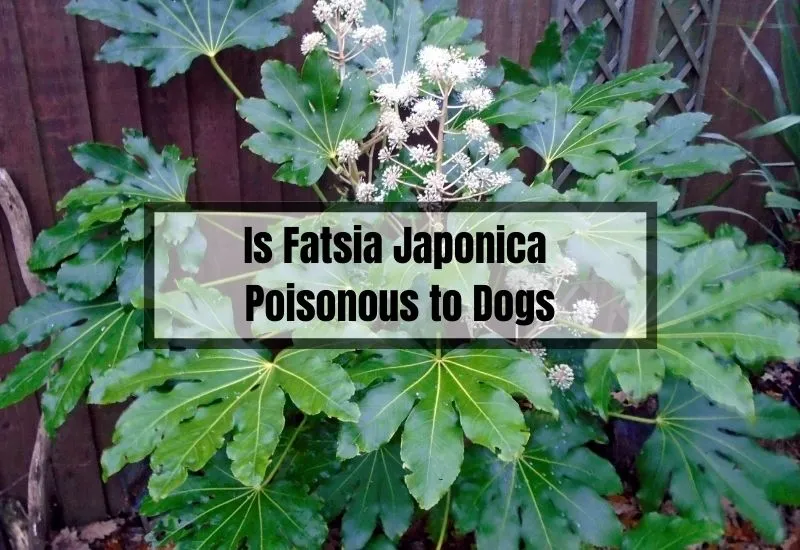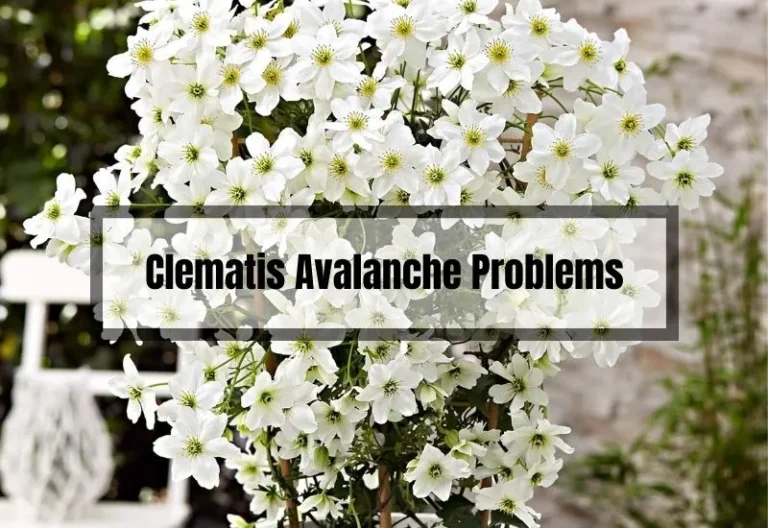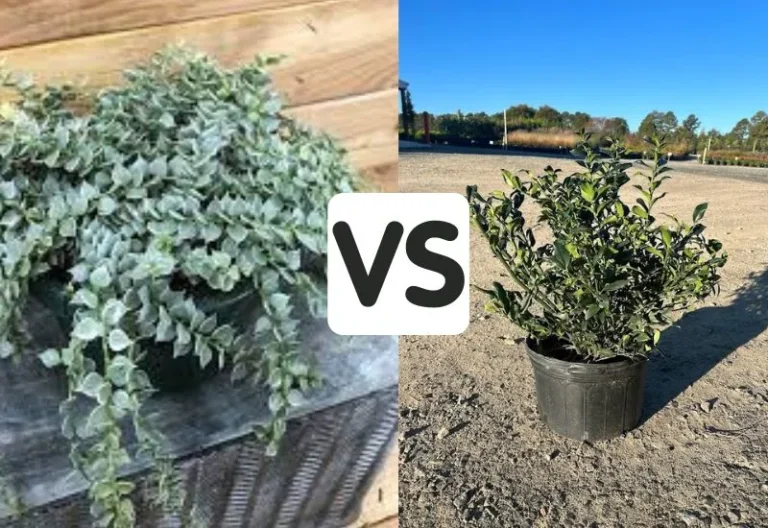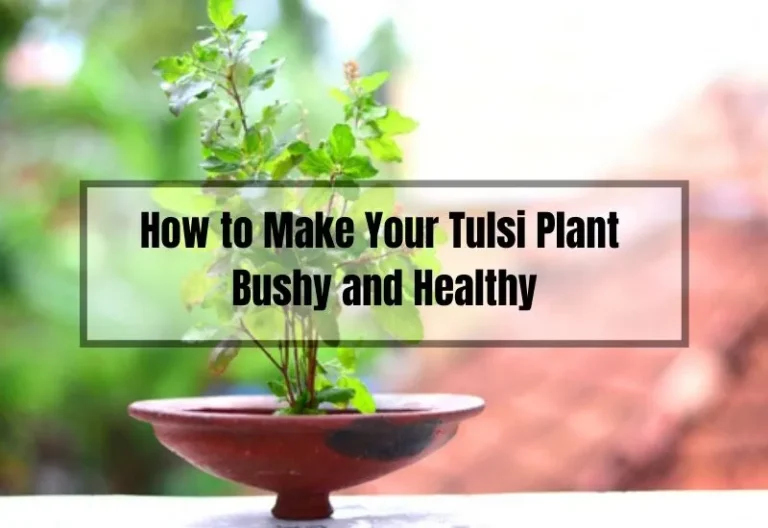Is Fatsia Japonica Poisonous to Dogs?What You Must Know
If you’re a dog owner and a plant lover, it’s important to know which plants are safe for your furry friend to be around. One plant that you may have come across in your gardening adventures is the Fatsia Japonica, also known as the Japanese Aralia or the Spider’s Web. But is Fatsia Japonica poisonous to dogs?
According to the American Society for the Prevention of Cruelty to Animals (ASPCA), Fatsia Japonica is not officially listed as toxic to dogs. However, this doesn’t necessarily mean that it’s completely safe for your furry friend to consume. As with any plant, it’s important to be aware of the potential risks and symptoms of poisoning if your dog ingests any part of the plant.
If you’re worried about the safety of Fatsia Japonica for your dog, keep reading to learn more about the potential symptoms of poisoning and what to do if your dog ingests this plant. By taking the necessary precautions and being informed about the risks, you can help keep your furry friend safe and healthy.
Key Takeaways
- Fatsia Japonica is not officially listed as toxic to dogs, but it’s important to be aware of the potential risks and symptoms of poisoning.
- Symptoms of Fatsia Japonica poisoning in dogs may include vomiting, diarrhea, and difficulty breathing.
- If your dog ingests Fatsia Japonica, contact your veterinarian right away and monitor your dog for any symptoms of poisoning.

Is Fatsia Japonica Poisonous to Dogs?
If you’re a dog owner and also a gardening enthusiast, you may be wondering if Fatsia Japonica, also known as Japanese Aralia or Spider’s Web, is toxic to your furry friend. After all, you don’t want to put your pet’s health at risk by planting something harmful in your garden.
So, Is Fatsia Japonica Poisonous to Dogs? The answer is, non-toxic to dogs, cats, and horses. This means that if your dog accidentally ingests a leaf or two, it’s unlikely to cause any harm.
However, it’s important to note that just because a plant isn’t officially listed as toxic doesn’t mean it’s completely safe for your pet to consume. Some dogs may have an allergic reaction to Fatsia Japonica or experience digestive issues if they eat too much of it.
If you’re concerned about your dog’s safety, it’s always best to err on the side of caution. Here are some tips to keep your pet safe around Fatsia Japonica:
- Keep the plant out of reach: If you have a curious dog who likes to explore your garden, it’s best to keep Fatsia Japonica in an area that’s inaccessible to your pet.
- Monitor your dog’s behavior: If you notice any unusual symptoms after your dog has been around Fatsia Japonica, such as vomiting, diarrhea, or lethargy, contact your veterinarian immediately.
- Consider alternative plants: If you’re still worried about your dog’s safety, consider planting alternative pet-friendly plants in your garden. Some examples include marigolds, sunflowers, and snapdragons.
Overall, Fatsia Japonica is considered non-toxic to dogs, but it’s still important to take precautions to keep your furry friend safe. By following these tips, you can enjoy a beautiful garden without putting your pet’s health at risk.
Symptoms of Fatsia Japonica Poisoning in Dogs
If your furry friend has ingested Fatsia Japonica, it’s important to watch out for any signs of discomfort or unusual behavior. While Fatsia Japonica isn’t explicitly toxic, it can still cause some problems for your dog.
Here are some of the symptoms of Fatsia Japonica poisoning in dogs:
- Vomiting: Your dog may start vomiting after ingesting Fatsia Japonica. Keep an eye out for any unusual vomiting behavior, such as vomiting more than once or vomiting blood.
- Diarrhea: If your dog has diarrhea after ingesting Fatsia Japonica, it’s important to monitor their bowel movements. Diarrhea can lead to dehydration, which can be dangerous for your furry friend.
- Lethargy: Your dog may become more tired than usual after ingesting Fatsia Japonica. If your dog seems to be sleeping more than usual or is less interested in playing, it’s important to keep an eye on them.
- Loss of appetite: If your dog has ingested Fatsia Japonica, they may lose their appetite. This is usually a sign that something is wrong, and it’s important to monitor your dog’s food intake.
If you notice any of these symptoms in your dog, it’s important to contact your vet immediately. Your vet can help you determine the best course of action to take to keep your furry friend safe and healthy.
What to Do If Your Dog Ingests Fatsia Japonica
If you suspect that your dog has ingested Fatsia Japonica, it is important to take immediate action to prevent any further harm. Here are some steps you should take:
Immediate Actions
- Call Your Vet: The first thing you should do is call your veterinarian or the Animal Poison Control Center (APCC) hotline at (888) 426-4435. They can provide you with specific instructions on what to do next based on the amount of the plant your dog ingested and your dog’s weight.
- Observe Your Dog: Keep a close eye on your dog’s behavior and symptoms. Symptoms of Fatsia Japonica poisoning can include vomiting, diarrhea, lethargy, loss of appetite, and difficulty breathing. If you notice any of these symptoms, inform your veterinarian immediately.
- Collect Plant Samples: If possible, collect a sample of the plant that your dog ingested and bring it with you to the vet. This can help your vet identify the plant and determine the best course of treatment.
Long-Term Care
If your dog ingested Fatsia Japonica, your vet may recommend the following long-term care:
- Fluid Therapy: Your dog may require fluid therapy to help flush the toxins out of their system. Your vet may recommend hospitalization for this treatment.
- Medications: Your vet may prescribe medication to help manage your dog’s symptoms, such as anti-nausea medication or pain relievers.
- Monitoring: Your vet may recommend monitoring your dog’s kidney and liver function for several weeks after the incident to ensure that there is no long-term damage.
Preventing Fatsia Japonica Poisoning
Fatsia Japonica, also known as the Japanese Aralia, is a popular ornamental plant that can add beauty to any garden.
However, it is essential to know that some plants can be harmful to your furry friends. In this section, we will discuss how to prevent Fatsia Japonica poisoning in dogs.
Garden Safety Tips
If you have Fatsia Japonica in your garden and you have a dog, you need to take some precautions to keep your furry friend safe. Here are some garden safety tips:
- Keep your dog away from Fatsia Japonica. If you have a curious dog, make sure to fence off the area where the plant is growing.
- Train your dog to stay away from Fatsia Japonica. Dogs are smart animals and can learn what is good and what is bad for them. It is essential to teach your dog to stay away from harmful plants like Fatsia Japonica.
- Keep an eye on your dog. If you notice any signs of poisoning, take your dog to the vet immediately.
Training Your Dog to Avoid Harmful Plants
Teaching your dog not to chew on plants is an essential part of keeping them safe. Here are some tips to help you train your furry friend:
- Basic training principles: Make sure your dog knows basic commands such as “leave it” and “drop it.” These commands can help you redirect their attention away from potentially harmful plants.
- Redirect their attention: If you see your dog chewing on a plant, calmly remove them from the area and provide them with an appropriate toy or treat instead.
- Consistency and reinforcement: Be consistent in your training and provide positive reinforcement when your dog avoids chewing on plants. This will help them associate good behavior with rewards.
Conclusion
In conclusion, Fatsia Japonica is considered non-toxic to dogs, making it a safe option for pet owners to include in their gardens. However, it’s still essential to supervise your dogs when they’re playing outdoors and train them not to chew on plants. Creating a dog-friendly garden and being aware of potential plant toxicity are crucial steps in keeping your canine companion safe and healthy.
Always remember to research any plants you’re considering adding to your garden, and when in doubt, consult with a veterinarian or an expert in plant toxicity. Let’s work together to create a beautiful and safe environment for our beloved pets to enjoy!






